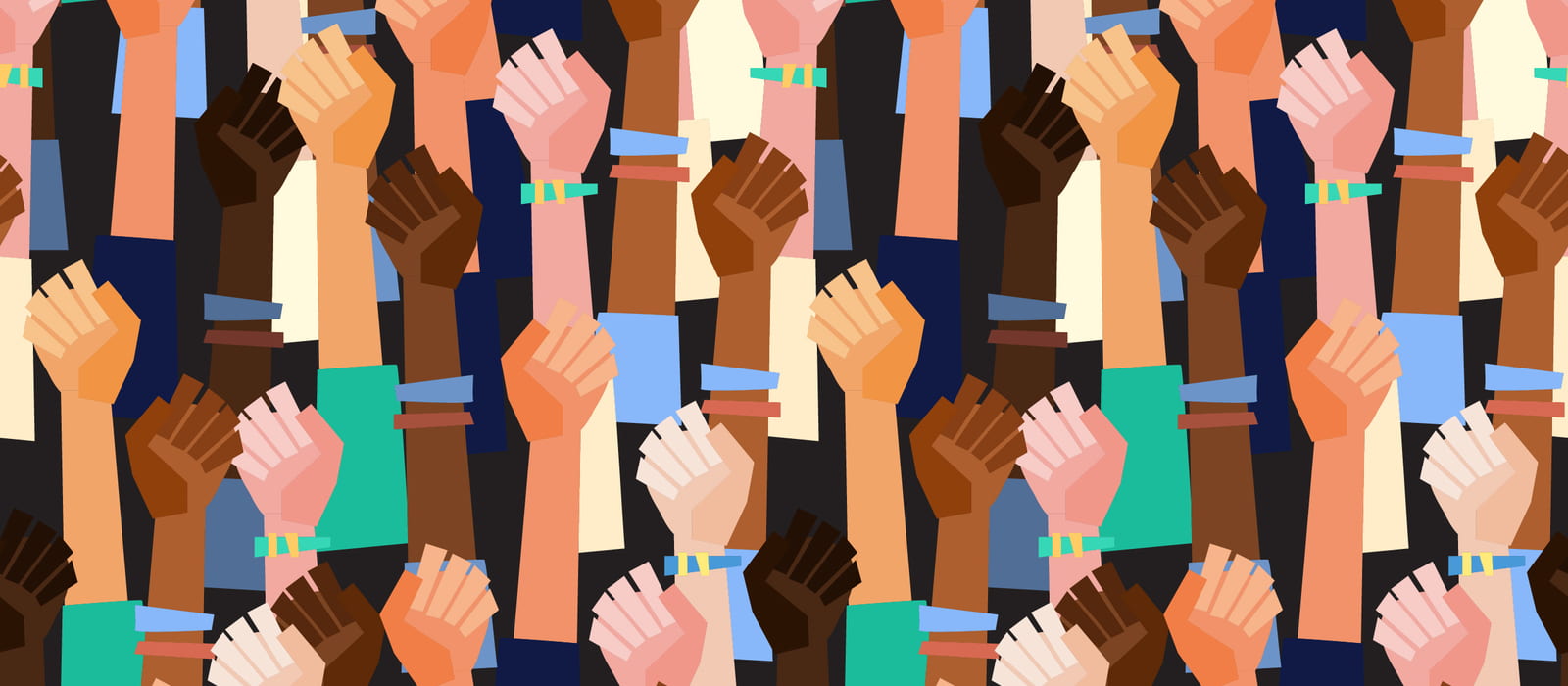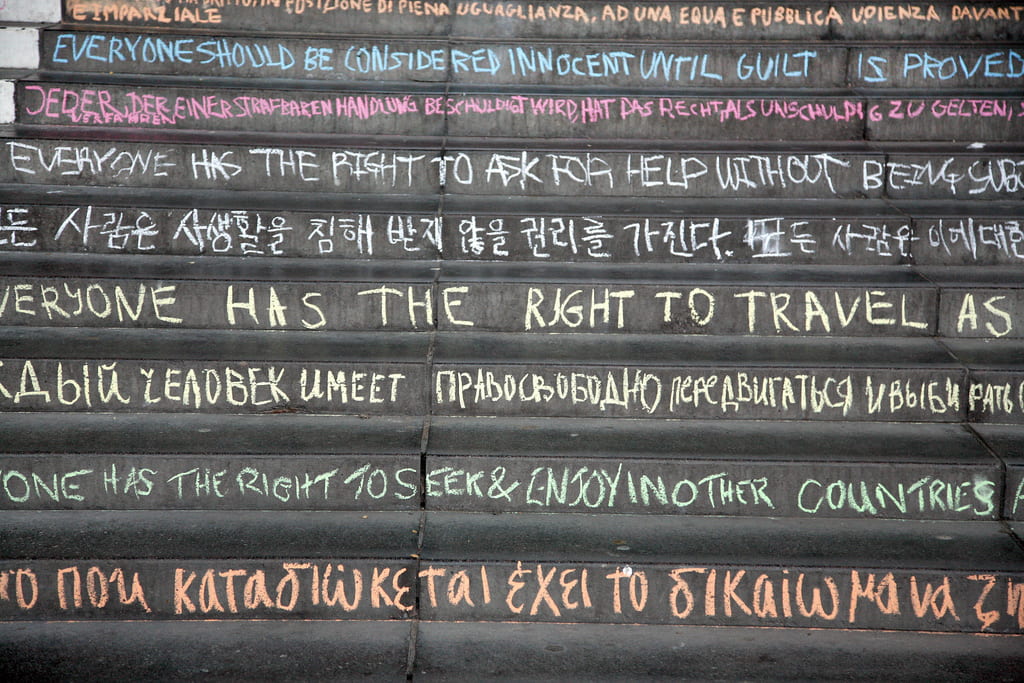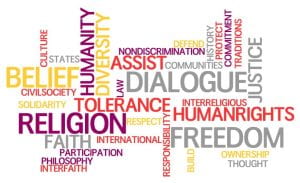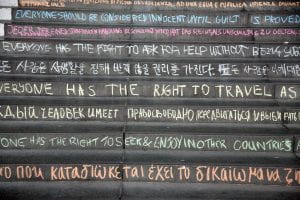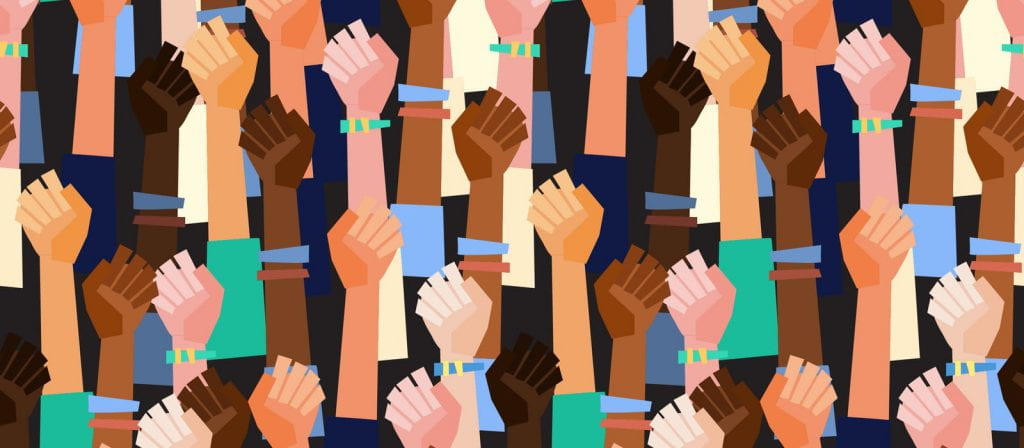
A human rights-based approach to activism entails empowering people by giving them the knowledge to know and claim their rights. This also involves focusing on holding institutions and individuals responsible for respecting, protecting, and fulfilling rights accountable through constant pressure and oversight. It is important to give people a greater say in the creation of laws that affect their rights. This can be achieved by educating the public on how they can make their voice heard as well as educating politicians on how to listen to public opinion and respect human rights. The policymaking and organizations involved with human rights need to ensure that strict standards and principles of human rights are taken into account.
There are many different ways to advocate for human rights. Some organizations choose to offer direct assistance to individuals which have had their rights violated. This can involve food, shelter, legal support, healthcare, and other types of aid. Another way in which to help the fight for human rights is to support key cases through the court systems. The hope is that if even one individual who has had their rights infringed upon wins their case then that will set a legal precedent. Such a precedent would protect future human rights violations of this type from ever happening again. Another legal strategy is to lobby for changes to existing local, national, or international law. This gives voice to the cause and widespread awareness of existing human rights issues. Media coverage and public support can oftentimes pressure politicians into coming up with a solution by passing new or amending current legislation. Lobbying groups can even provide specialists who are most knowledgeable in human rights issues and how to best solve the problem. These specialists can guide and advise lawmakers into developing policies and drafting legislation that will provide the best protection and support to at-risk people and groups.
One of the most important ways to promote lasting and effective changes to secure the future human rights of all people is to educate the public. People need to be made aware of the various types of human rights abuses and what exactly the human rights issues are. A more educated populace will be more respectful and open to supporting the necessary changes to protect at-risk groups. This public support is key to campaigning for necessary legislation and electing politicians who are empathetic to human rights concerns. In addition, educating the public will change the existing culture and help influence future generations to be understanding and active in advocating for a better future of human rights.
An imperative part of combating human rights issues is for each person to know what their rights are and how to protect them. The United States Department of Justice is responsible for handling all claims of civil rights abuses. The Civil Rights Division enforces criminal, disability, educational, employment, housing, immigration, voting, and special litigation offenses. The process for filing a claim is not that difficult with information and personnel available online at https://www.justice.gov/crt/how-file-complaint. All necessary procedures to file a complaint are detailed clearly and with additional personal assistance available upon request. You can also contact the United Nations and file a complaint under the International Covenant on Civil and Political Rights as the United States is a member nation. It is important for human rights concerns to be acknowledged with formal complaints so that legal actions can be taken to stop current and future human rights violations from occurring. Everyone can do his or her part to protect their human rights and the human rights of all people by being active in advocating for change and by reporting each and every human rights violation.
